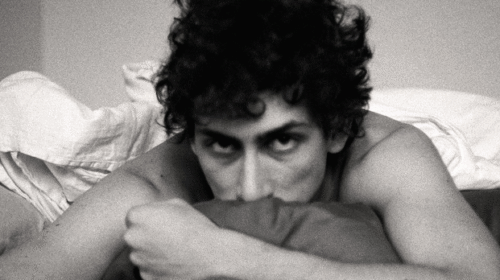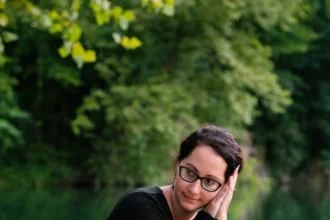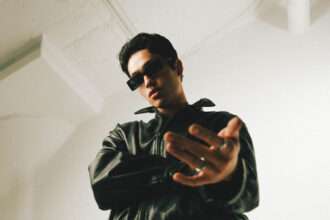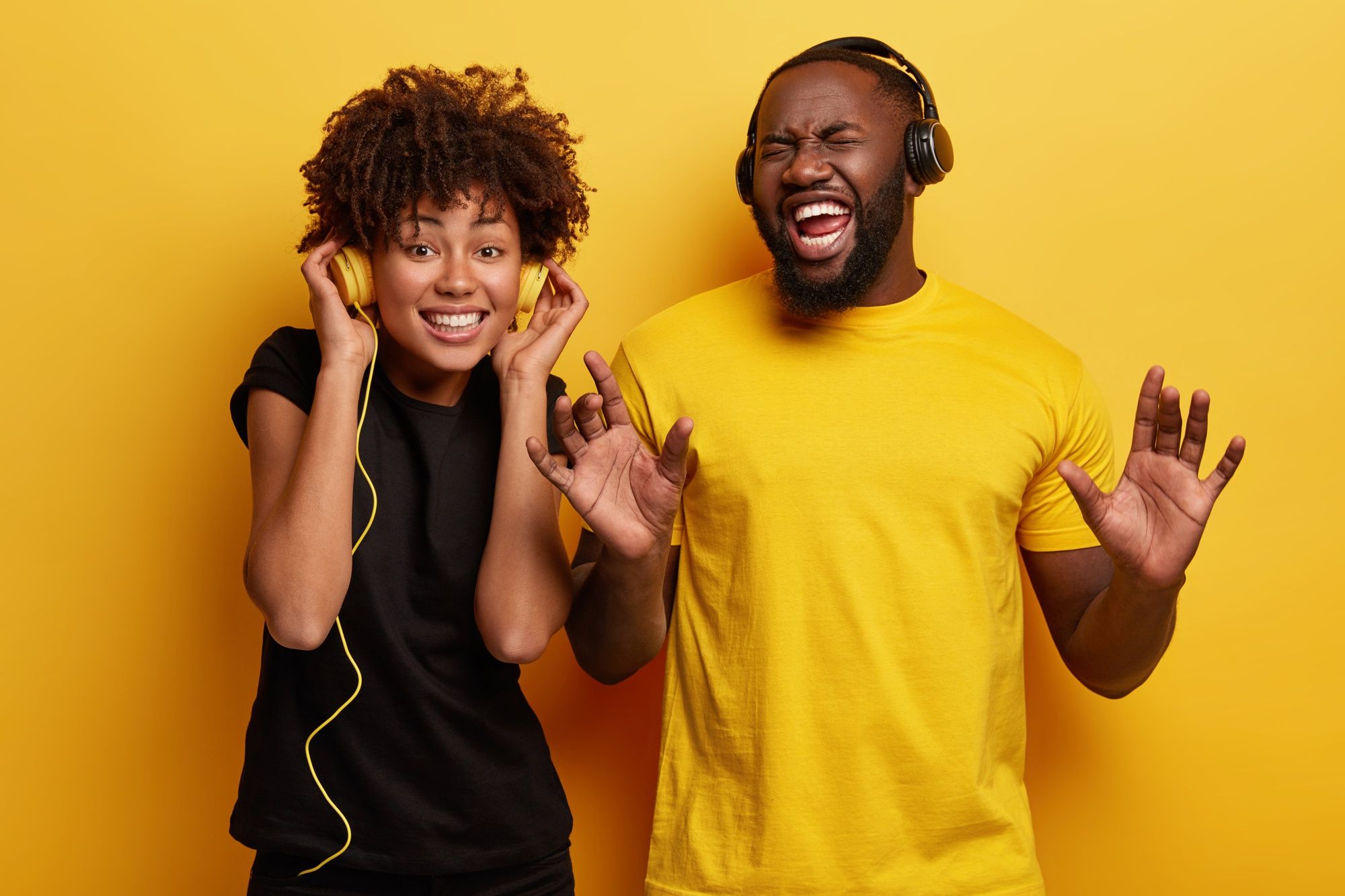Linda Allen’s remarkable journey as an indie musician is a testament to the power of music as a tool for social change and personal healing. Inspired by influential folk singers like Joan Baez, Malvina Reynolds, Bob Dylan, and Holly Near, Linda recognized the transformative potential of music in shaping society. She also found solace in songwriting, using it as a form of therapy to navigate through life’s challenges, traumas, and moments of joy.
What sets Linda apart is her subject matter. Her songs tackle pressing issues such as social justice, aging, and the human experience. As a 77-year-old female artist, Linda embraces her age and finds inspiration from influential folk singers who have gracefully aged in the industry. Her music reflects her own experiences and the world around her, shedding light on important topics and inviting listeners to reflect and take action.
Linda’s unique style and sound are a fusion of folk, country, hymns, and pop, characterized by simple chords and arrangements. Collaborating with other talented singers and incorporating their harmonies or covering their songs adds to her distinctive appeal. Her music has a sing-along quality that resonates with people and makes it accessible to a wide audience.
When asked about her unique style and sound, Linda describes her approach as a fusion of folk, country, hymns, and pop, utilizing simple chords and arrangements. One notable aspect of her work is her collaboration with other talented singers, often incorporating their harmonies or covering their songs. Linda’s ability to create music that people can easily sing along with adds to her distinctive appeal.
We had the prerogative of interviewing Linda, and in this exclusive interview, we delve into her remarkable journey as an indie musician and explore the inspirations behind her heartfelt music. With a career spanning several decades, Linda Allen has made a profound impact on the music scene, using her songs as a powerful tool for social change and personal healing.
Can you tell us about your journey as an indie musician? What inspired you to pursue a career in music?
Back in the 70s, when I began, I learned that the best way for me to try to influence the world..the issues that mattered most to me…was through music. Music had a way of reaching the heart in ways that a newspaper headline could not. IN that era, social justice music was pop music, so I was influenced at the start by people like Joan Baez, Malvina Reynolds, Bob Dylan, Holly Near and so many others who were changing the world through their music. Personally, writing music was also my therapy…my way of trying to work through challenges and traumas and joys I experienced.
How would you describe your unique style and sound as an artist? What sets you apart from other musicians?
My chords and arrangements tend to be simple, influenced by folk, country, hymns, pop…all the music I grew up with. And I bring in other singers I admire…sometimes to sing harmony, or sometimes to cover songs, as I do on the Emergence recording. I also write lots of songs that folks can sing along with.
Maybe what makes me somewhat unique is my subject manner…many songs are influenced by the issues of our times. And being a 77-year-old female…I guess that makes me unique. I learned, as a young woman and an admirer of Malvina Reynolds, that one could age as a folk singer, and still find respect.
Could you share some of the biggest challenges you’ve faced as an indie musician and how you overcame them?
Finding financial support for all the projects I’ve wanted to do. Not easy! But somehow I’ve managed to create thirteen recording projects, three songbook collections, a radio show, and so much more! Once I would let go of my fear and begin, the money would somehow come through. Emergence was almost entirely funded by GoFundMe. Good thing, too, since CDs don’t sell much, and it is a daunting challenge for most of us independents to make money from streaming. I think I would just jump off the cliff and pray for the net to appear. And it has!
What is your creative process like? How do you approach songwriting and composing music?
I am a word person, so I usually begin there in my writing. Then I pick up my guitar, sometime in the process, and I might find a familiar tune to give the song structure. Then I tweak the tune until it all sounds original.
Are there any particular themes or messages that you aim to convey through your music? What inspires your lyrics?
I want my songs to be healing, hopeful, honest. I am inspired by newspaper articles and history. And sometimes, just by what is going on in my life, or fantasies about what could be. My latest project includes songs about the pandemic and aging, as well as current events.
Tell us about your latest project.
I’ve just finished Emergence, and I talk about it as my last recording. But my studio engineer just laughs, because I’ve said that about my last three! I do have a job I love and that gives me a lot to write about. I am a therapeutic musician with Hospice of the Northwest. I hope to do that work until I physically can’t anymore. I also occasionally do concerts, and I intend to keep that up. Where do you see yourself and your music in the next few years?
At this age, I don’t have a lot of expectations, but I do hope the songs, like my children, can find their way in the world. I’d like them to tell true stories, bring love and healing, preserve our history, and challenge injustices in our world long after I’ve gone from it.

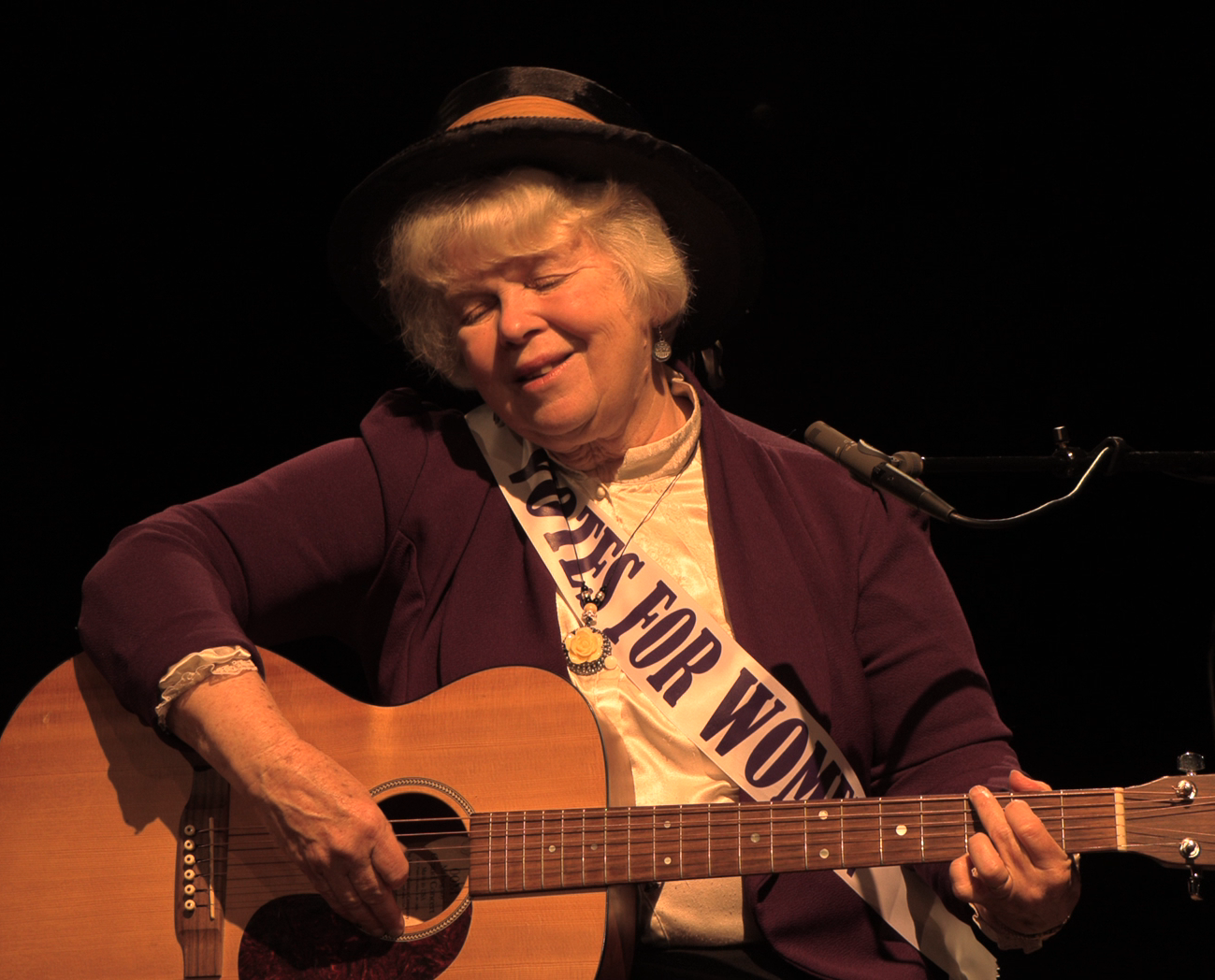
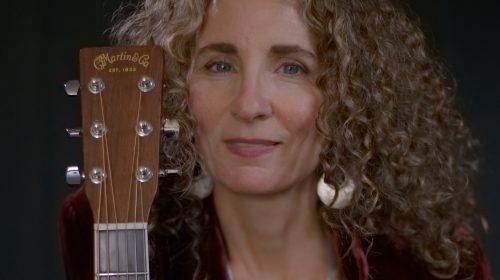
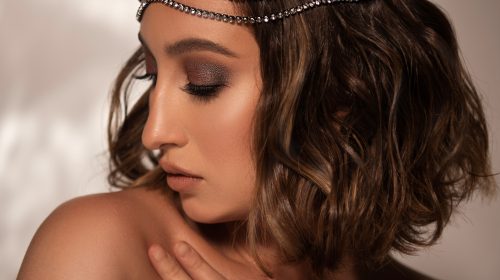
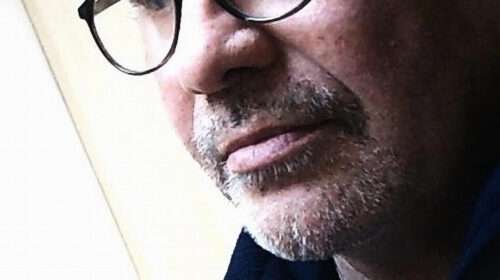
![[Music] ODUMODUBLVCK – Go Report Mp3 (Download Audio) 59 ODUMODUBLVCK – Go Report](https://spinexmusic.com/wp-content/uploads/2025/07/ODUMODUBLVCK-–-Go-Report-500x280.jpeg)
